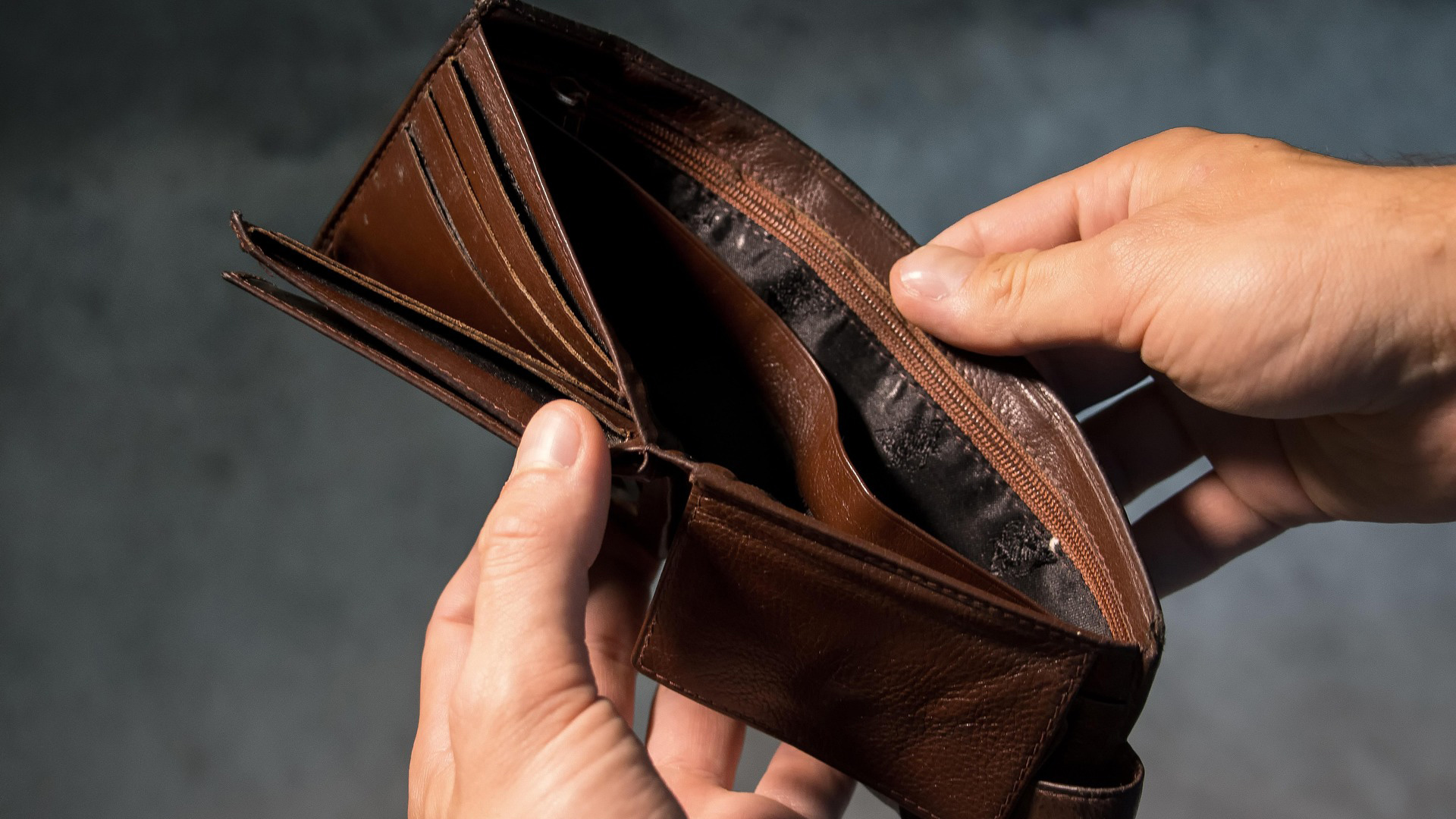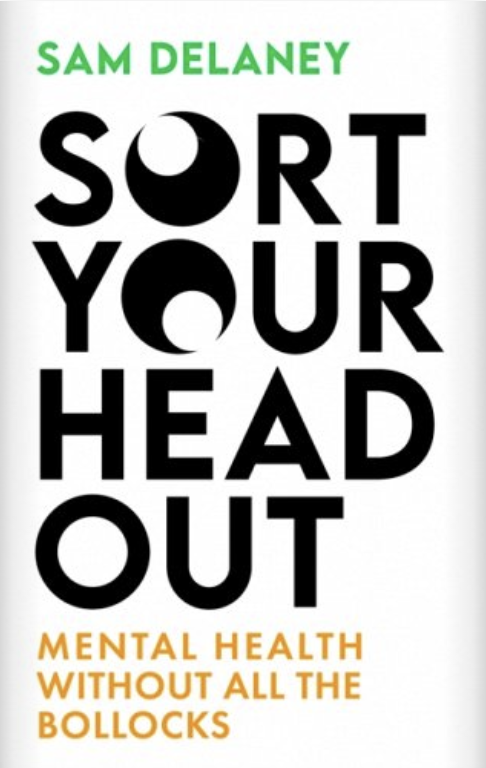When I was a kid, my mum was always worrying about money. The house was strewn with lists of incomings and outgoings, usually scribbled on the back of envelopes that had arrived containing final demands. She was a single parent surviving on a part-time secretary’s salary plus the government’s ‘family allowance’ payments. I’m not saying we were poverty-stricken – we always had food to eat – but money was the source of constant anxiety. From an early age I think I imbibed the idea that personal finance was a perilous and terrifying aspect of adult life.
To this day, I’m quite scared of money – how to earn it, how to spend it and how to organise it in such a way that my life might not suddenly collapse around my ears. When you meet posh people, irrespective of how much money they earn, they seem so relaxed and blasé about their finances. It annoys me there are people like that. It shouldn’t, but it does. I resent people who are careful, shrewd and orderly in their financial affairs. Because I am only ever one late invoice payment or surprise gas bill away from an emotional meltdown.
At times in my life, I have been lucky enough to earn decent money. At others I have struggled to make ends meet. As a self-employed person, I have become accustomed to a feast or famine mentality. I have rarely saved, have spent irresponsibly at times but have generally lived a good life. Certainly, I’ve enjoyed more stability than my mum did when I was younger. As a result, I am reluctant to moan about money or admit to suffering from financial anxiety. I am haunted by an inner voice that says that I have no right to fret about money when there are millions of people living with far greater problems than me.
But financial worries, at whatever level, are a huge source of mental illness. If you feel you can only speak out if you are in a state of acute poverty, then you keep it inside and – like any secret problem – it mutates into feelings of shame and isolation. A recent YouGov poll showed three in 10 adults have experienced debt problems in the UK and 28 per cent of people were too embarrassed to talk to anyone. One in six with problem debt have considered suicide. People are more likely to turn to drink and drugs to cope. Mental health issues make it harder to earn money, and so the cycle continues.
- How can you cope with stress in the cost of living crisis? We asked experts at leading mental health charities
- All the cost of living help available from the government, energy companies, councils and charities
- Here’s when people will get the next cost of living payment in 2023
The cost-of-living crisis doesn’t show many signs of abating. Most of us just have to live with worry but life is a great deal easier if we all feel more able to admit our problems, be open about our anxieties and normalise being skint. When I was a kid it was normal for me to hear my mum telling her mates how skint she was. They’d share stories of financial strife almost cheerily, applying a gallows humour to the assumption that money worries were an inevitable part of life’s rich tapestry. They provided emotional support to each other.
My adulthood has been lived in a more middle-class environment where it is considered crass to talk explicitly about your finances and a bit shameful to admit that you’re struggling. Not me. I’m on a crusade to make people feel more relaxed about being skint. Because there are very few of us who don’t feel that way these days.







